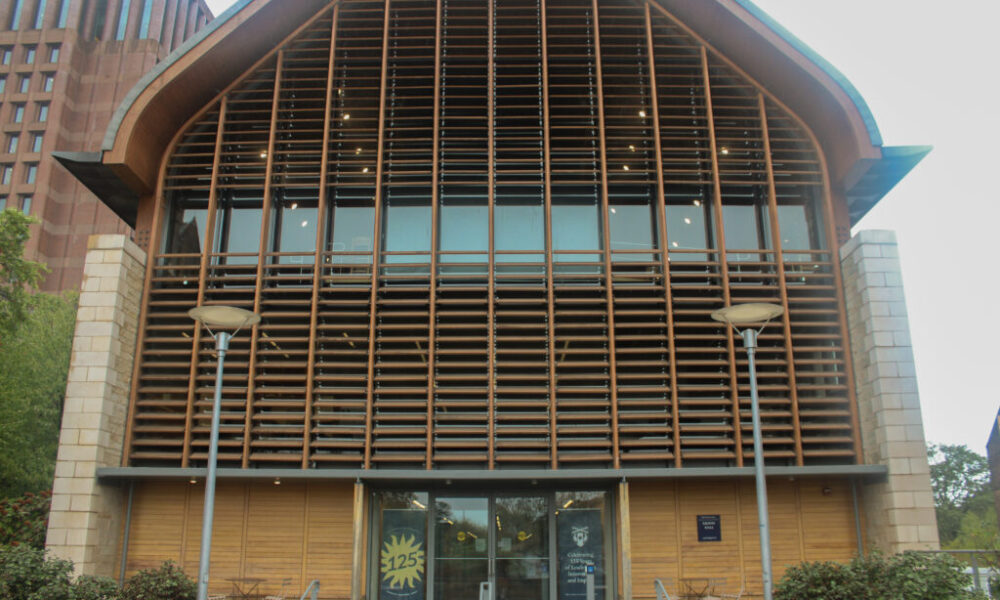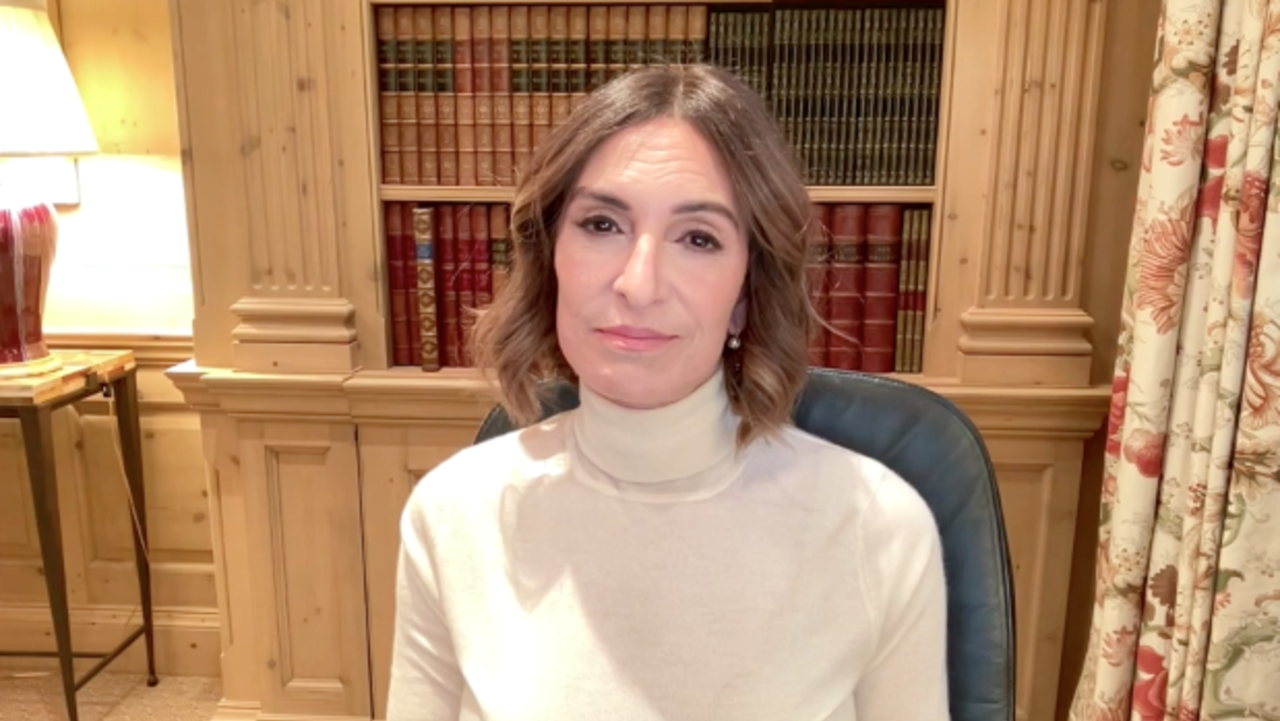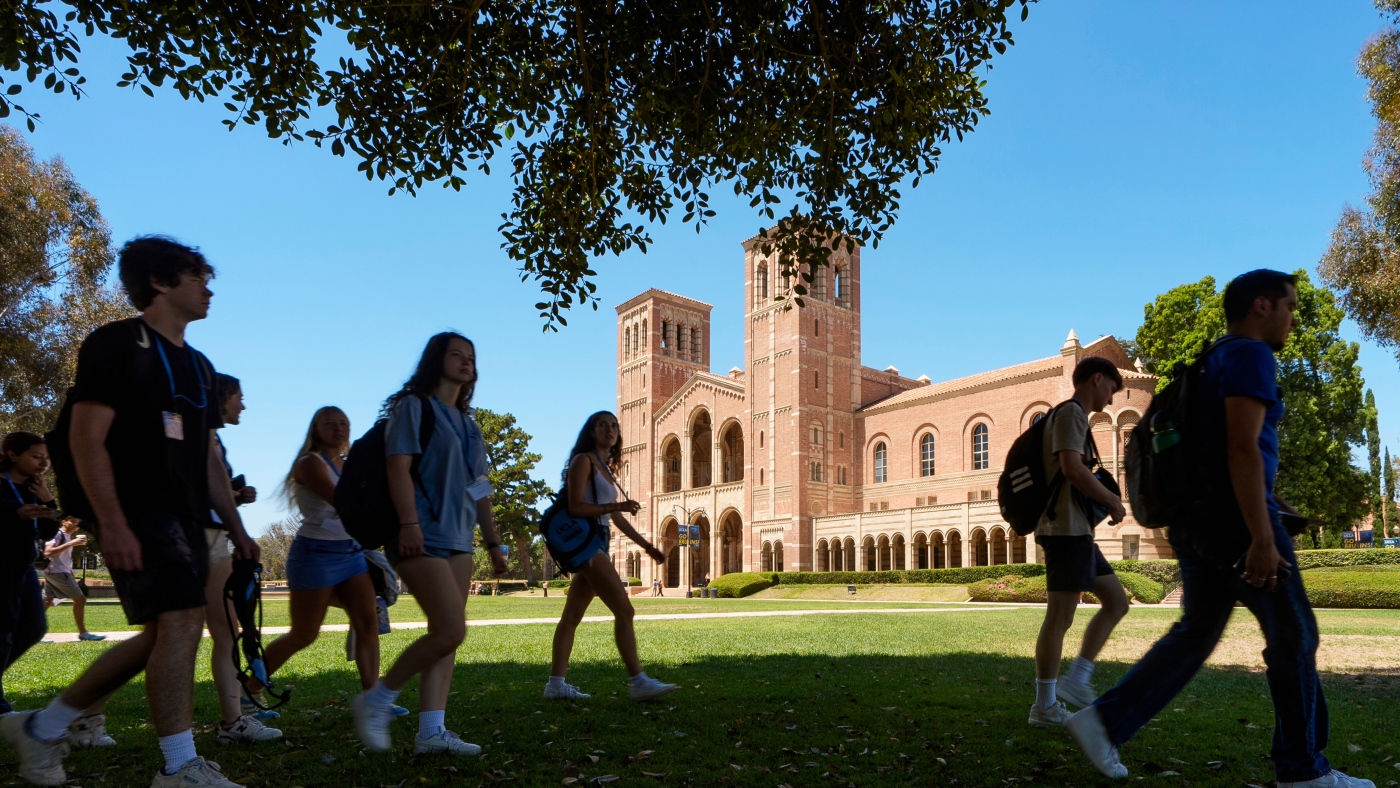Beginning in August 2024, the Yale School of the Environment will introduce two new advanced degree programs: the Executive Master of Environmental Management (EMEM) and the Executive Master of Forestry (EMF). These programs are designed for mid-career professionals with at least a decade of relevant experience and will provide a condensed, one-year residential education.
Dean Indy Burke emphasized the value of these programs, stating that they will offer the same high-quality educational experience as the traditional two-year degrees but tailored specifically for seasoned leaders. This accelerated format aims to meet the needs of professionals seeking to advance their careers in a rapidly evolving environmental landscape.
The new executive programs are a revival of the School’s original one-year master’s offerings, which were previously in place but were replaced with two-year programs. According to Mark Ashton, director of Yale Forests and senior associate dean for The Forest School, these new degrees reflect the institution’s commitment to providing innovative educational opportunities.
The EMEM and EMF programs will require applicants to have established careers in environmental fields. For instance, candidates for the EMF program must hold a degree in forestry, natural resources, or a related area, alongside ten years of professional experience. This ensures that participants will benefit from a rich classroom environment filled with diverse perspectives.
Former student Agustín Carbo, who completed his studies in the 2011-12 mid-career residential program, praised his experience, highlighting the program’s ability to foster a comprehensive understanding of environmental and energy issues. Carbo, who was later appointed as the inaugural chairman of the Puerto Rico Energy Bureau, noted, “This was an amazing experience,” reflecting on the program’s immersive learning environment.
The School of the Environment aims to create a tight-knit academic community through its fully residential programs. Students will spend a year on Yale’s campus, engaging directly with faculty and peers. Kenneth Gillingham, the School’s senior associate dean of academic affairs, expressed hope that these mid-career environmental leaders will enrich the intellectual discourse at the institution, providing valuable insights to current master’s students about career paths in the field.
The Yale School of the Environment has a storied history, having been established in 1900 as the Yale Forest School. The introduction of these new executive programs marks a significant evolution in its educational offerings, aiming to equip professionals with the latest knowledge and skills needed to tackle pressing environmental challenges.
With the growing urgency of environmental issues, the School’s expansion into one-year programs reflects a proactive approach to prepare leaders who can effectively address these challenges in their respective fields. The blend of accelerated learning and experienced professionals is expected to foster innovative solutions and inspire new initiatives within the environmental sector.







